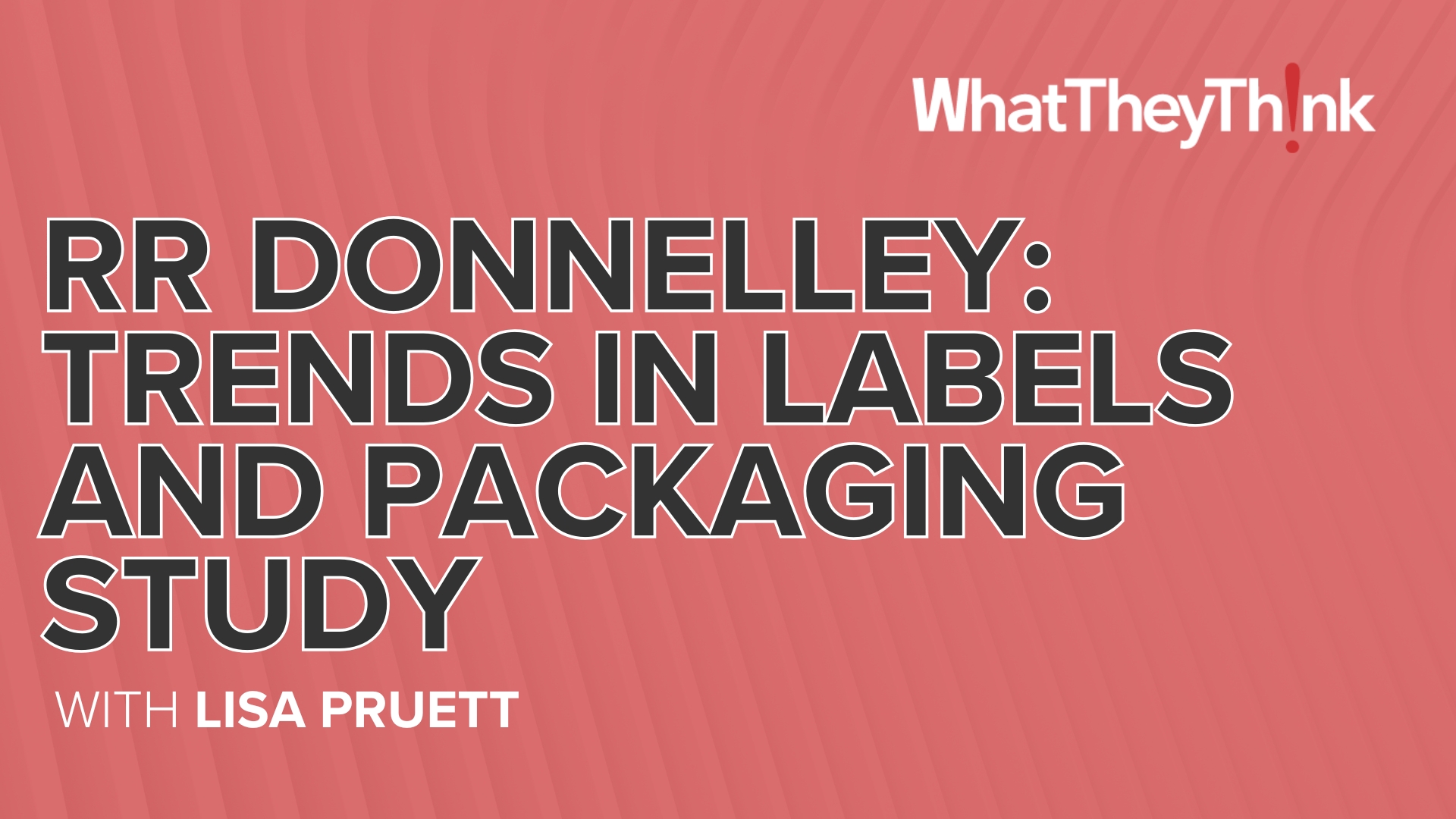Consumers drive everything, and Crimson Hexagon’s new report derived from the monitoring of social media conversations provides insights into technology, health and fitness, transportation, and entertainment. Ignore the report’s typos and grammatical issues (I’m available folks – I’ve made all those errors so I have experience – call me) and see how rapidly consumer preferences change from year to year as long term trends emerge with great clarity.
I’ve always been curious about the interest executives have in macroeconomic data. Why do we look at it with such obsession? Isn’t knowing more about our clients and prospects and their decisions more critical than whether GDP is off by a few decimals? The data are revised constantly and never seem final. In a fully free market, there is no need for macroeconomic data because entrepreneurial decisions are shaped by price signals and detection of consumer choices. When government activities assume a role in the nature of those prices and choices, economic data have relevance in the choices businesses make, especially about the future. This blogpost at the libertarian Austrian School site make that pretty clear. The fact that government plays an outsized role in business decisions is not about to change any time in the near or far future. Most business executives look at these data as a means of comparison to judge their performance and (unfortunately) to determine the nature of their future investment.
This dominance of macroeconomic data is not all that old though it seems so. Like so many aspects of government and business today, it started with the Great Depression. I’ve mentioned this book before, GDP: A Brief but Affectionate History and I enjoy the opportunity to recommend Diana Coyle’s book again. It’s now available in paperback with some new and updated sections. You can also hear a podcast of her discussing the book with economist Russell Roberts or see her discuss the general topic of GDP at the London School of Economics. Investor John Mauldin had praise in his analysis of the book on its initial release. You’ll likely gain a different perspective about nature and use of economic data than you had before.















Discussion
Only verified members can comment.